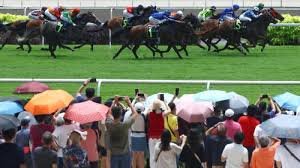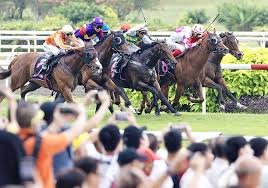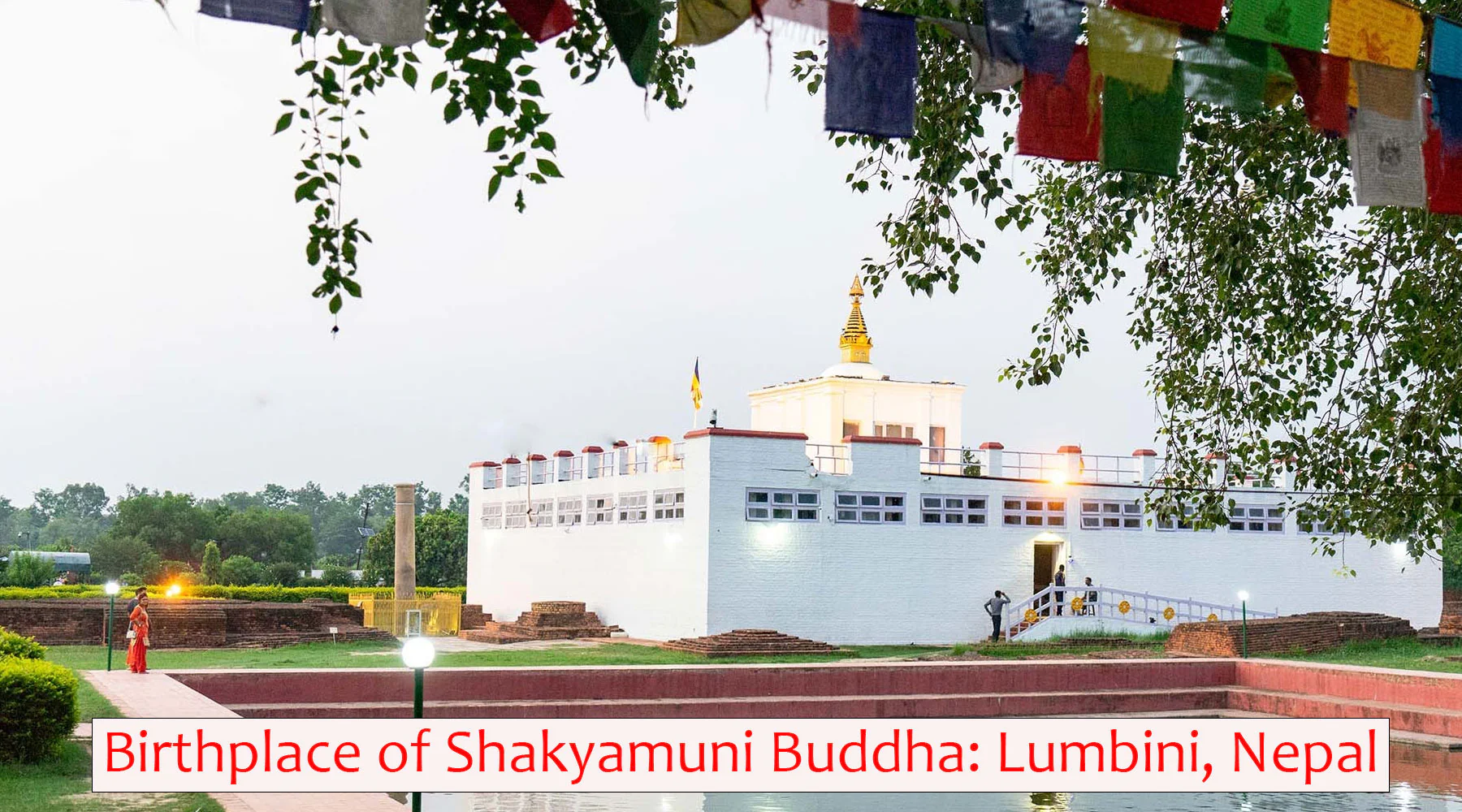End of an Era: Singapore Bids Farewell to Horse Racing After 181 Years
Introduction: The Closure of Singapore Turf Club
In a historic move, the Singapore Turf Club, the nation’s only horse racing venue, has announced its closure, marking the end of an 181-year tradition in the country. This decision reflects a significant shift in the nation’s cultural landscape, as horse racing has been an integral part of Singapore’s heritage since its establishment in 1845. The closure is set to take effect on December 31, 2024, closing a chapter that has seen generations of Singaporeans enjoy the thrill of the races.
Reasons Behind the Closure
The closure of the Singapore Turf Club comes as a response to evolving societal values and the increasing focus on sustainability. The club has faced declining attendance in recent years, partly due to changing leisure preferences among the younger generation. Additionally, the government has expressed a commitment to prioritizing land use for more sustainable and community-focused developments, prompting the need for repurposing the valuable land occupied by the Turf Club.
The Impact on the Community and Economy
The end of horse racing in Singapore will have far-reaching implications for the local community and economy. The industry has supported thousands of jobs, from stable hands to trainers and event staff. The Turf Club also contributed to the local economy through betting revenue, which was reinvested in various community initiatives. As the closure date approaches, discussions are ongoing regarding the transition for employees and the potential redevelopment of the site into public spaces that benefit the wider community.
Looking Ahead: What’s Next for Singapore?
As Singapore bids farewell to horse racing, the government plans to transform the Turf Club site into a mixed-use development that aligns with its vision for a more sustainable urban environment. This initiative may include parks, community spaces, and housing, aimed at enhancing the quality of life for residents. The closure of the Turf Club signifies not only the end of an era but also the beginning of a new chapter for Singapore as it adapts to contemporary needs and values.

Why This News is Important
Reflecting Changing Values
The closure of the Singapore Turf Club signifies a broader cultural shift in Singapore, highlighting the changing preferences of the population, particularly among the younger generation. The decision to prioritize sustainable land use over traditional pastimes reflects a nation in transition, where contemporary values increasingly influence policy decisions.
Economic Implications
The economic impact of this closure extends beyond the immediate jobs lost at the Turf Club. The horse racing industry has historically contributed significantly to Singapore’s economy through employment, tourism, and betting revenues. Understanding this shift is crucial for students preparing for government exams, as it emphasizes the interplay between cultural practices and economic considerations in policy-making.
Urban Development Trends
The redevelopment plans for the Turf Club site offer insights into urban planning trends in Singapore. The emphasis on creating public spaces aligns with global best practices for sustainable city development, providing a relevant case study for students in fields related to urban studies, public policy, and economics.
Historical Significance
With a history dating back to 1845, the Singapore Turf Club represents a significant part of the nation’s cultural and social fabric. This closure marks the end of a historical era, making it essential for students to appreciate the historical context surrounding major events in Singapore.
A Learning Opportunity
This event serves as a valuable learning opportunity for students, illustrating how traditional practices can evolve in response to modern needs and values. Analyzing such transitions can provide insights into how government decisions are made and the factors that influence them.
Historical Context
The Birth of Horse Racing in Singapore
Horse racing in Singapore dates back to 1845 when the Singapore Turf Club was established, primarily for British expatriates and wealthy locals. The early years of horse racing reflected the colonial influences on Singaporean society, with the sport becoming a prominent social event for the elite.
Evolution Over the Years
As Singapore evolved from a colonial outpost to a modern city-state, the Turf Club remained a fixture of the nation’s social and sporting life. Horse racing attracted a diverse audience, including locals and tourists, contributing to the country’s economy. However, in recent decades, the rise of alternative forms of entertainment and changing societal values have led to a gradual decline in interest.
Modernization and Change
In response to changing preferences, the Turf Club attempted to modernize its offerings, incorporating family-friendly events and community initiatives. Despite these efforts, the ongoing decline in attendance and the pressing need for sustainable land use ultimately led to the decision to close the club.
Key Takeaways from “End of an Era: Singapore Bids Farewell to Horse Racing After 181 Years”
| Serial Number | Key Takeaway |
|---|---|
| 1 | The Singapore Turf Club will close on December 31, 2024, ending an 181-year tradition. |
| 2 | The closure reflects changing societal values and preferences, particularly among younger generations. |
| 3 | The horse racing industry has historically contributed to Singapore’s economy through jobs and tourism. |
| 4 | The site will be redeveloped into a mixed-use development that aligns with sustainable urban planning. |
| 5 | This event highlights the relationship between cultural practices and government policy decisions. |
Important FAQs for Students from this News
1. Why is the Singapore Turf Club closing?
The Singapore Turf Club is closing due to declining attendance and a shift towards more sustainable land use. The government aims to repurpose the site for community-focused developments.
2. When will the closure of the Singapore Turf Club take effect?
The closure is scheduled to take effect on December 31, 2024.
3. What are the plans for the Turf Club site after its closure?
The site is expected to be redeveloped into a mixed-use space that may include parks, community facilities, and housing, aligning with Singapore’s sustainable urban development goals.
4. How has horse racing impacted Singapore’s economy?
The horse racing industry has historically contributed to the economy through job creation, tourism, and betting revenues. Its closure will have economic implications, particularly for those employed in the industry.
5. What cultural significance does horse racing hold in Singapore?
Horse racing has been a part of Singapore’s cultural heritage since 1845, serving as a social and entertainment venue for generations. Its closure marks the end of a significant chapter in the nation’s history.
Some Important Current Affairs Links
















